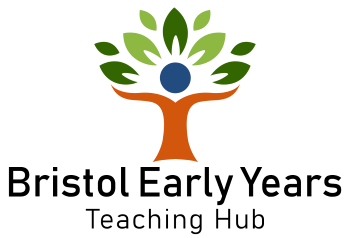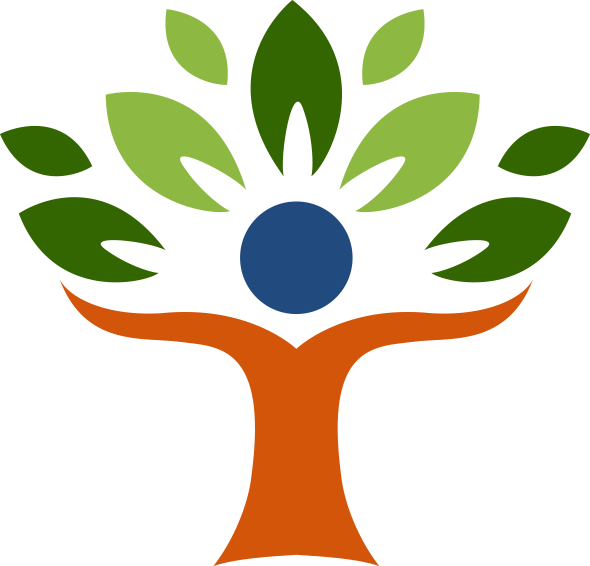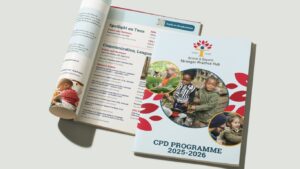Exciting Maths Opportunities for Early Years Practitioners – Recruiting Now!
The Stronger Practice Hub is launching two professional development programs to enhance early years mathematics teaching in Bristol. The Maths PDP Pilot offers interactive training for 15 settings, while the Maths Champions Programme trains staff to improve children’s maths outcomes. Both initiatives provide evidence-based strategies for educators.
Mathematising the Day by Nicki Cherry
In this blog post by Nicki Cherry, early years settings discover practical ways to integrate mathematics throughout the day using evidence-informed approaches. Drawing on EEF guidance and featuring case studies from North Somerset nurseries, the post demonstrates how educators can weave mathematical concepts, language, and ideas into daily routines, snack times, and play provision to ensure children don’t miss crucial mathematical learning opportunities.
Download our CPD Brochure
Our 2025-2026 CPD Programme is Now Available We are delighted to announce that our 2025-2026 CPD Programme brochure is now available, offering early years practitioners across Bristol, Bath and North East Somerset, North Somerset, Somerset, South Gloucestershire,...
WIN an Amazing Collection of Baby Books for Your Setting!
Celebrating our Working with Babies Network with an incredible giveaway that could transform your baby room library We're thrilled to announce an exciting opportunity for early years practitioners across the South West! To celebrate our flourishing Working with Babies...
Early Years Stronger Practice Hubs Summer Webinars 2025
Join us this summer for Growing Practice, an exciting series of professional development webinars designed for Early Years educators across England. Stronger Practice Hubs across the UK, including Bristol & Beyond Stronger Practice Hub, are offering a diverse...
New Early Years Nutrition Guidance – What You Need to Know by Jo Ingleby
This blog explores the updated Early Years Nutrition Guidance, the changes it brings, and why it matters now more than ever—particularly for children from disadvantaged backgrounds. With rising food insecurity and increased marketing of ultra-processed foods, the early years sector has a vital role to play in shaping healthy eating habits from the very start. Clearer guidance offers a much-needed opportunity to align practice across all settings and support families with consistent, realistic, and affordable messages around food. As nutrition becomes a statutory part of the EYFS safeguarding and welfare requirements from September 2025, this blog highlights how settings can respond, adapt, and lead the way.
St Pauls Nursery School and Children’s Centre Instagram Account
We're excited to introduce our lead Early Years setting for the Bristol & Beyond Stronger Practice Hub! St Pauls Nursery School and Children's Centre has just launched their new Instagram account, offering a wonderful glimpse into their inspiring educational...
Win a Wellbeing Goody Bag – Complete Our Needs Assessment Survey!
Update 14th July 2025 - This Giveaway has now closed. Congratulations to our three winners, Rachel (Willow Park), Jade (Little Smarties Nursery) and Kirsty (Bridgwater and Taunton College Childcare Centre). Keep an eye on our Giveaway page for future chances to win....
Subscribe to our Bristol Early Years Teaching Hub Mailing List
Sign-up to receive news from Bristol Early Years Teaching Hub by email, including upcoming courses and events, links to additional resources, and more!










